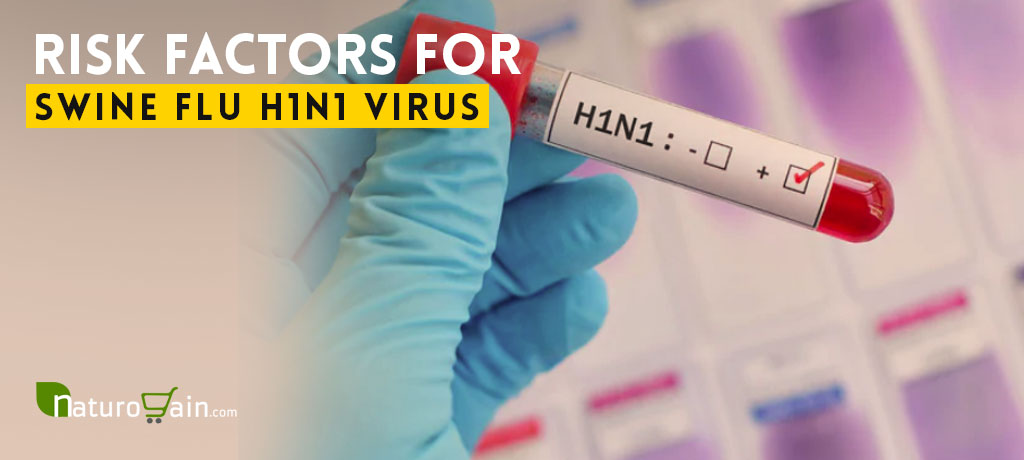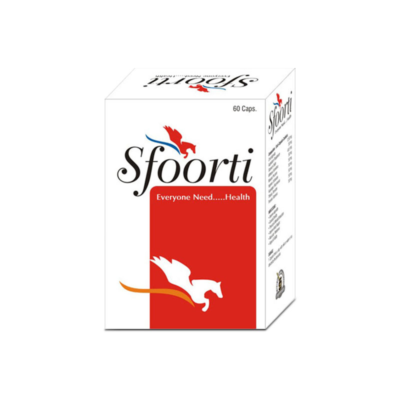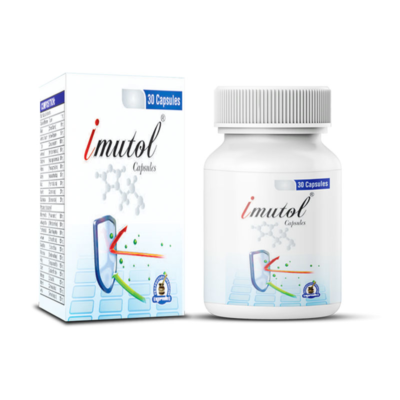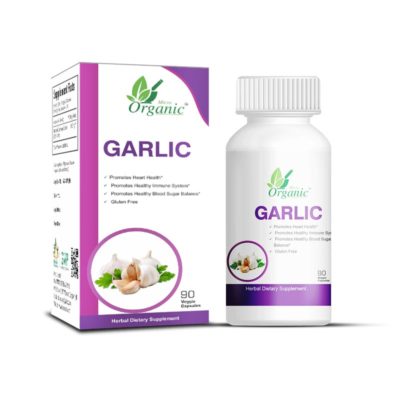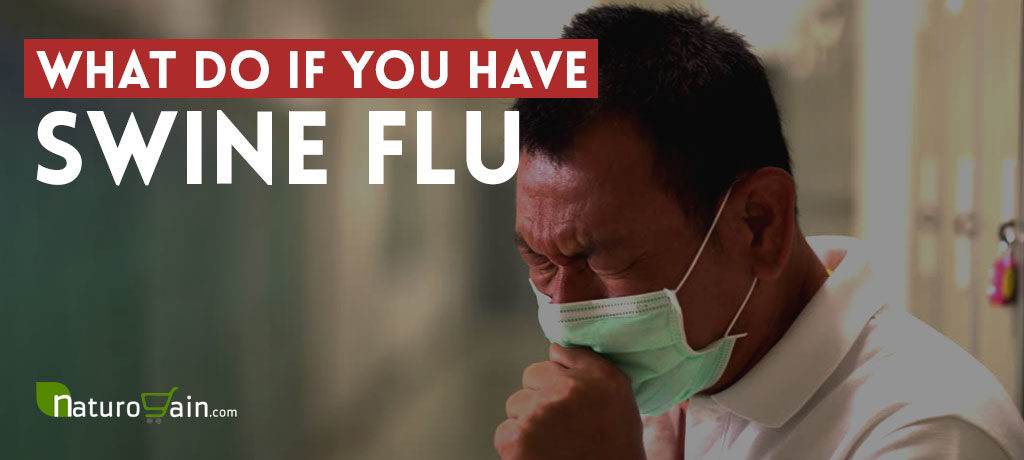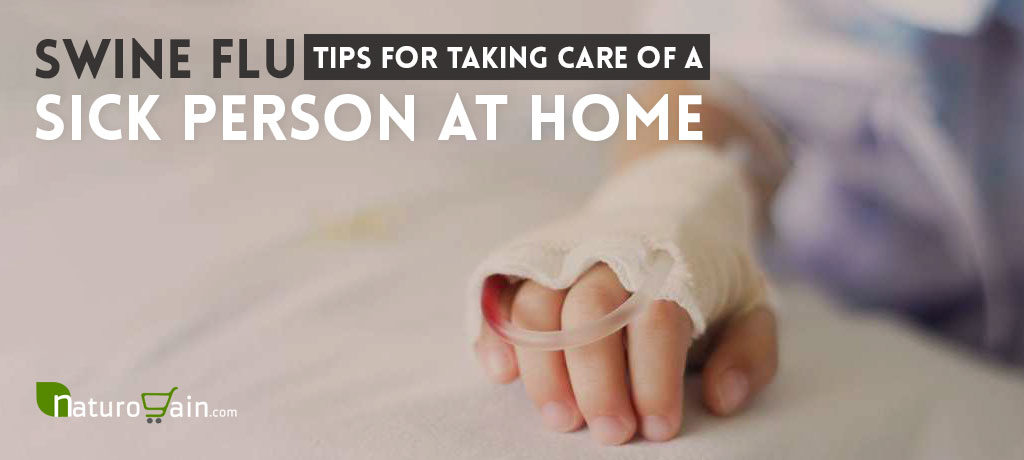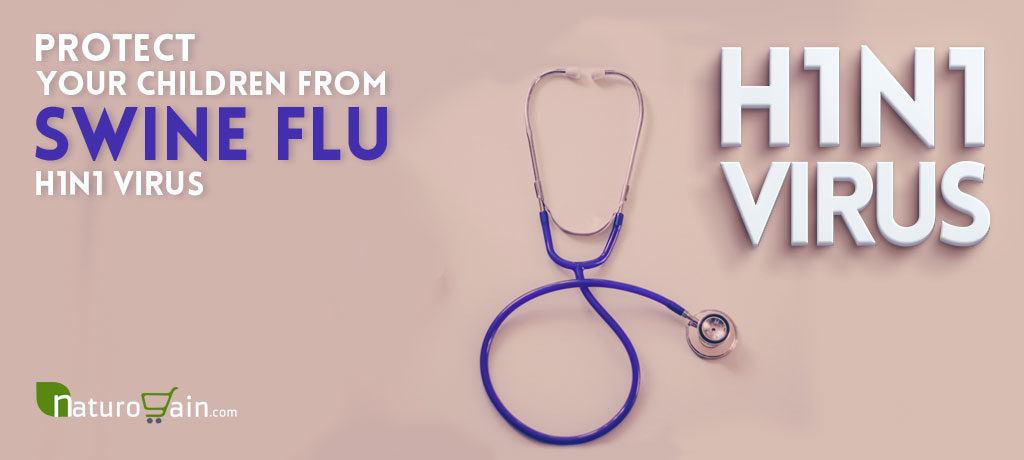Swine flu does not target a specific age group, thus it’s a risk factor. The major risk factors for swine flu include pregnancy, compromised immune system, and history of flu infections.
The vaccination efforts should consider delivering vaccination to the following people since they are at high risk. So, these risk factors for swine flu H1N1 virus include:
Risk Factors for Swine Flu H1N1 Virus
- Children who are between 6 months and 4 years
- People who are older than 50 years
- Children and adults who have asthma, hypertension, and diabetes
- Immunosuppression patients
- Pregnant women
- Adolescents and children especially those who are receiving therapy
- Nursing homes residents
- People who are obese
- Medical professionals
- Caregivers
If you have recently traveled to an area where there is an outbreak of the flu, there is a very high possibility that you will be infected.
Veterinarians and swine farmers are also at high risk since they are often at exposure to pigs. Being in contact with an infected individual is one of the main risk factors for swine flu H1N1 flu.
If you are having a health condition such as diabetes, cardiovascular disease, cancer and respiratory disease, your chances to get an infection is very high.
People who have mental and physical disabilities might find it difficult to communicate their symptoms thus their chances to be infected is very high.
Older people are less likely to get an infection since they have already developed immunity. So, one thing is clear that a strong immune system helps to avoid being in contact with the flu. Certain immunity booster pills help in achieving that.
You should keep in mind that drinking tap water or eating pork products is not a risk factor for developing swine flu.
The symptoms associated with swine flu H1N1 virus include cough, headache, muscle aches, chills, runny nose, fever, sore throat, sneezing, watery eyes, vomiting, nausea, and nasal congestion.
The emergency warning signs of the flu in adults include confusion, chest pain, breathing difficulties, colored sputum, and severe vomiting. In children, the following emergency signs of the flu include:
difficulties in waking up, failure to drink enough fluid, breathing difficulties, rash fever, failure of being alert and being irritable especially when held by someone.
To diagnose the symptoms, the doctor will first check the symptoms. He will also ask for the medical history and there are very high chances that the examining doctor will take samples from your throat and nose in order to confirm the diagnosis.
In order to choose the best treatment plan for yourself, you should talk to your doctor.
You May Like…
You may like reading:
Tips for Swine Flu Prevention
Swine Flu Remedies and Treatment
In many cases, people who have the flu do not require antiviral medications. This is because antiviral medications do not cure the swine flu H1N1 virus.
However, they help to relieve the swine flu symptoms thus shortening the period when you are sick. Antiviral medications should be taken 48 hours after noticing the symptoms first.
You should closely monitor the signs and unusual symptoms of your child. If you have a child who was recently infected with a virus, you should not give him or her aspirin.
This is because aspirin does not work against swine flu. There are some measures that you should take in order to avoid the swine flu H1N1 virus.
These measures include: taking pain relievers, using therapies, taking cough medicines and getting enough sleep.
You may like reading:
List of Foods to Eat When You Have Swine Flu
Symptoms of Swine Flu H1N1 Virus
